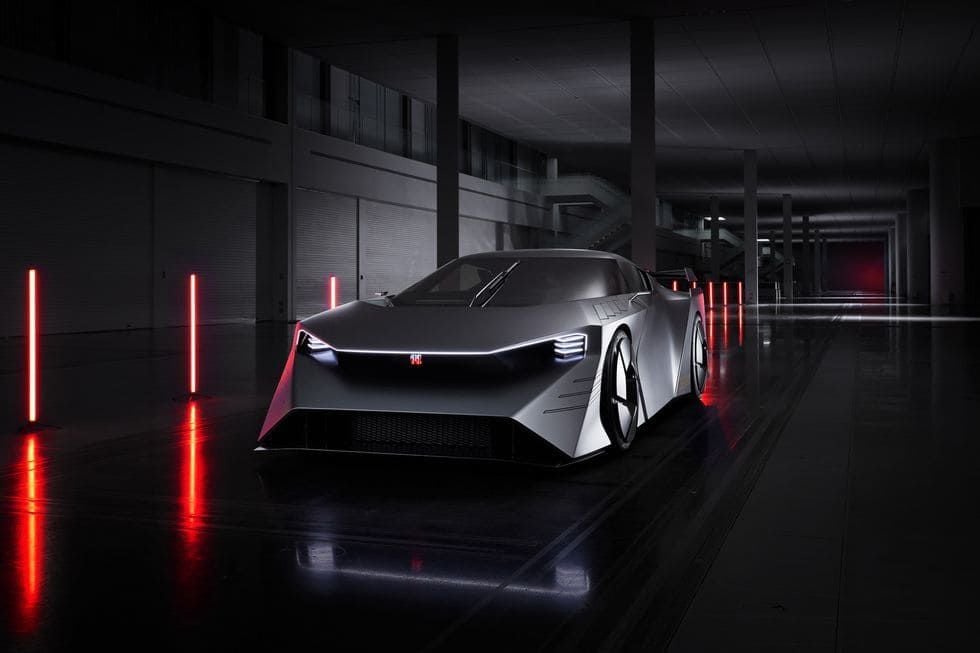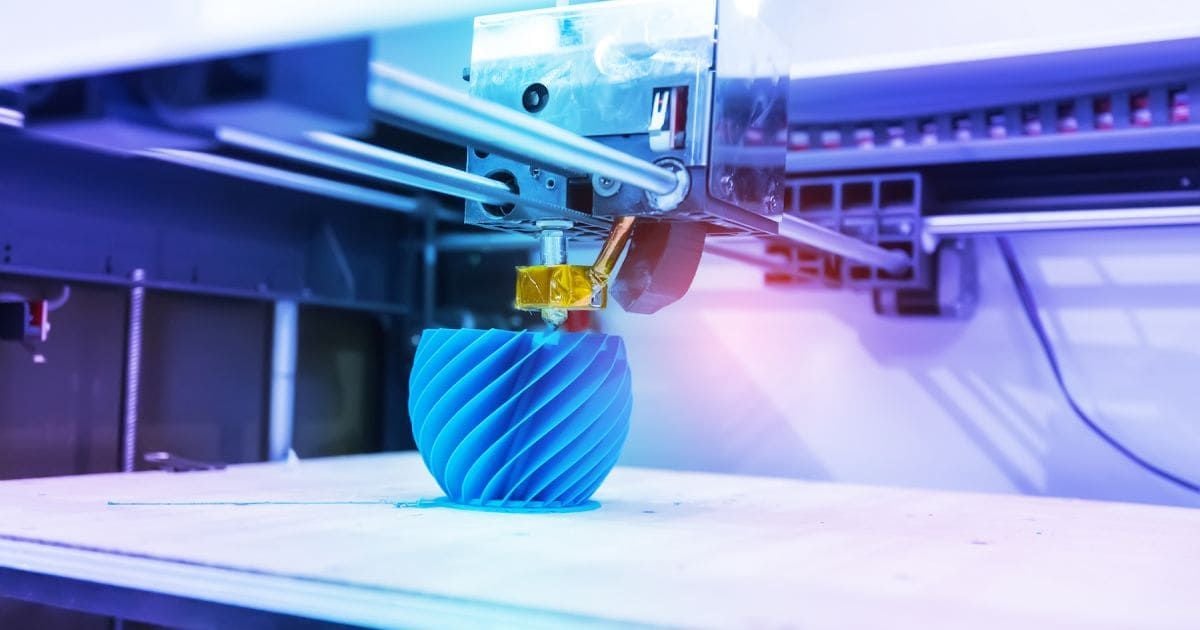The Future on Wheels: Unveiling the Hybrid Car

Understanding the Hybrid Vehicle
At its core, a hybrid car ingeniously integrates an internal combustion engine with one or more electric motors, powered by batteries that are recharged automatically as the vehicle operates. This symbiotic relationship between traditional fuel engines and electric power sets hybrid vehicles apart, enabling them to optimize energy utilization and minimize wasteful expenditure. The primary types of hybrid vehicles – the Series Hybrid, the Parallel Hybrid, and the Series-Parallel Hybrid (or Plug-in Hybrid) – each employ this dual-motor system differently, affecting performance, efficiency, and how the car uses its electric charge.
The Environmental Perspective
1. Reduced Emissions: Hybrid cars stand at the frontier of the global initiative to curb vehicular emissions. Their ability to switch between or combine power sources translates to significantly lower carbon dioxide emissions compared to their purely gasoline-driven counterparts. This reduction not only helps mitigate the environmental impacts of driving but also positions hybrids as a practical step towards achieving cleaner air standards.
2. Energy Efficiency: The regenerative braking system is another hallmark of hybrid technology, capturing the energy lost during braking and converting it into electricity to recharge the battery. This process enhances the overall fuel efficiency of hybrids, making them a compelling choice for eco-conscious individuals aiming to decrease their carbon footprint.
Economic Considerations
1. Fuel Cost Savings: One of the immediate benefits of owning a hybrid car is the substantial savings on fuel. Given their superior fuel efficiency, hybrids can traverse significantly more miles per gallon compared to traditional vehicles. Over the lifespan of the car, these savings can offset the initial higher purchase price associated with hybrid technology.
2. Government Incentives: Recognizing the role of hybrid vehicles in environmental conservation, many governments offer tax incentives, rebates, and other benefits to encourage their adoption. Such financial incentives further augment the economic appeal of hybrids.
Performance and Practicality
1. Driving Experience: Historically, hybrids had been critiqued for lackluster performance. Contemporary models, however, have substantially bridged this gap, offering acceleration and speed comparable to traditional cars. Innovations in battery and motor technology ensure that hybrids no longer sacrifice pleasure and responsiveness for efficiency.
2. Maintenance: The maintenance needs of hybrid vehicles differ from traditional cars, primarily due to their complex dual-drive systems. While some may argue that this complexity leads to higher maintenance costs, it’s worth noting that hybrids typically experience less wear on their brakes and combustion engines, potentially leading to fewer repairs over time.
Considering the Hybrid Proposition
When contemplating the acquisition of a hybrid car, it is paramount to align one’s decision with personal needs, lifestyle, and environmental ethos. The allure of hybrids is undeniable – from their commendable fuel efficiency and reduced emissions to the economic benefits accorded by fuel savings and governmental incentives. Yet, the decision is not purely one-dimensional. It encompasses considerations of initial cost, maintenance complexities, and the evolving landscape of automotive technology.
1. For the Environmentally Conscious: If minimizing your environmental impact is a priority, a hybrid car represents a tangible step towards sustainable living. The combination of lower emissions and reduced fossil fuel dependency aligns perfectly with eco-friendly lifestyle choices.
2. For the Economically Minded: While the upfront cost of a hybrid vehicle may be higher, the long-term savings on fuel and potential tax benefits can make this a financially prudent choice. It is a decision that looks beyond the immediate, emphasizing long-term gains over short-term expenditures.
3. For the Technologically Savvy: Embracing a hybrid vehicle is akin to embracing the future of automotive technology, a future where efficiency and performance converge. For those drawn to innovation, a hybrid car is not just a vehicle but a testament to the advancements in sustainable technology.










